Despite not being born in Chile, Max Berrú became Chilean by choice and lived five long decades in that country and became an emblem of trans-Andean music. Together with Jorge Coulón, he joined a group that played Argentine folk music. In this period, they meet Horacio Salinas and Horacio Durán, together with whom they created the Inti Illimani instrumental and vocal Latin American folk music ensemble in 1967. A report, for Different Truths.
Max Berrú Carrión was born in Cariamanga, Ecuador, June 5, 1942. He died May 1 at the age of 75 in Santiago de Chile of bone marrow cancer diagnosed last year. Despite not being born in Chile, Berrú became Chilean by choice and lived five long decades in that country and became an emblem of trans-Andean music.
He settled in Chile in 1962, studying mechanical engineering at the Technical University (now known as the University of Santiago). Together with Jorge Coulón, he joined a group that played Argentine folk music. In this period, they meet Horacio Salinas and Horacio Durán, together with whom they created the Inti Illimani instrumental and vocal Latin American folk music ensemble in 1967.
Inti Illimani was formed by committed artists who, along with the group Quilapayún, began the movement known as the Nueva canción or New Chilean Song. In the Quechua language inti means “sun”, and the Aymara word Illimani, “golden eagle.” Inti Illimani became one of the most recognized Latin American music groups. They often made use of folk instruments, such as the quena (Andean flute), zampoñas (pan-pipes), and the ten-stringed charango, to stress dignity and pride in Native cultural roots.
The compositions and politics of the group were close to the parties and movements of the Chilean left of their time, gaining fame among them and participating in the presidential candidacy of Salvador Allende in 1970. Allende was the first Socialist to win the position of head of state in a country through electoral means. The Inti Illimani song Venceremos (We shall win!) became the anthem of the Popular Unity government. Militants and activists of the parties of the left fought for the victory of the Popular Unity government and the struggles of Chile’s working class.
As the new president-elect took the stage to greet cheering citizens, a banner above his head read, “You Can’t Have a Revolution Without Songs. ” It was a powerful statement about the role of music in social and political change that had fueled the Nueva canción movement.
Under Allende, the country’s copper mines were nationalized and the sale of the copper was used to meet the Chilean people’s needs, not to swell the private profits of U.S. corporations. Over 100,000 modestly priced homes were built for workers. Public works programs were launched. Unemployment dropped by half. Land reform brought benefits to small farmers. A free milk program serving the country’s poor children was created.
At the government’s urging, workers greatly increased their participation in government. Grassroots democracy flourished, as did the popular culture. Indigenous people were reclaiming their dignity.
Allende’s Popular Unity government lasted until Sept. 11, 1973, when he was overthrown by a bloody violent military coup led by General Augusto Pinochet in collusion with the U.S. Central Intelligence Agency.
DINA, the Chilean secret political police, hunted down and killed many opponents of the Pinochet dictatorship. Among those killed were the former president of Bolivia, Gen. Juan Jose Torres, and over 50,000 progressive Latin Americans, including guerrillas, students, social activists, trade union leaders, politicians, and academics. Many were kidnapped and then tortured to death and buried in unmarked graves or thrown into the sea from helicopters. Several Cuban diplomats were also assassinated.
The fascist Pinochet coup d’état forced the members of Inti Illimani, on tour in Europe, into de facto exile for fifteen years in Italy. In the same way, Quilapayún was exiled in Spain. But the world-renowned singer Victor Jara was captured, tortured and murdered by the fascists. And there is evidence that the Nobel Prize-winning Chilean poet, Pablo Neruda, may have been poisoned by the fascists.
After the coup, Inti Illimani continued their efforts supporting Chilean democracy internationally; bootleg copies of their work continued to be widely distributed in Chile.
Inti Illimani was able to return to Chile in 1988. Berrú continued to perform with the group until 1997 when he retired. In 2004 he published his first recording as a soloist in the album Íntimo. As happens with many music groups, some members split off and formed a new group, Inti-Histórico.
In one of his last interviews, Berrú said he was happy with his life: “I always cared for others and that made me want to do the work we did with Inti in the Allende campaign and then, from exile. This group is one of the most important things I have contributed to; if I have to die, I will die happy. ”
After Berrú’s death, messages flooded the official Twitter account for Inti Illimani. The leader of the Chilean Communist Party and elected official, Camilia Vallejo Dowling, tweeted: “Today we lost a great comrade, of singing, of life, of our struggles and our culture. Thanks, Max Berrú for all! My condolences to the family and their loved ones.”
“With his sweet joy and special kindness, he won the affection of everyone, Latin American social singing is in mourning,” said Ecuadorian President Lenin Moreno, on his official Twitter account. The National Assembly of his birth country of Ecuador held a moment of silence to honor Berrú.
I had the unforgettable opportunity to meet both Inti Illimani and Quilapayún in Chicago in 1974. Both groups were touring internationally and many of us in the U.S. were working in solidarity movements for the people of Chile.
“El pueblo unido jamás será vencido” (People united shall never be defeated) is a Chilean anthem, whose music was composed by Sergio Ortega, with lyrics by the group Quilapayún. Known worldwide, “El Pueblo Unido” is one of the most famous protest songs in history.
On October 15, 2011, three Chilean groups: Illapu, Inti Illimani, and Quilapayún performed together in concert at the Caupolicán Theater in Santiago, Chile. Berru contributed immensely to the popularisation of people’s music. His demise has left a big void in Latin American music world.
Barbara Russum
The writer is a contributor to People’s World
©IPA Service
Photo from the Internet

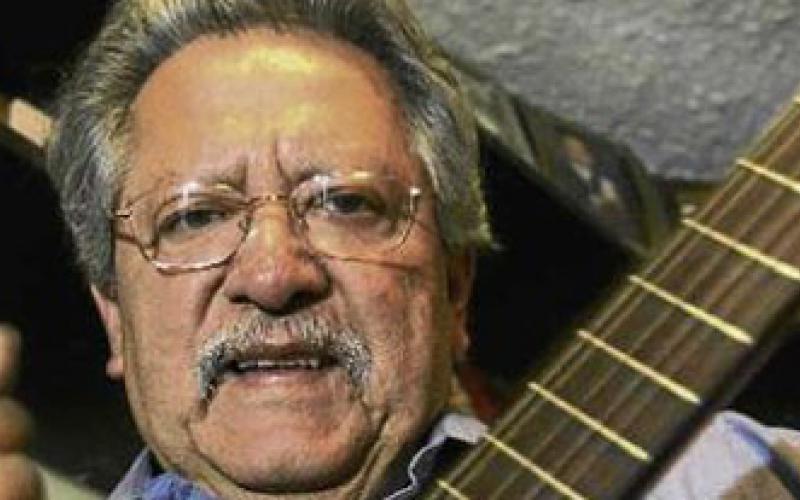

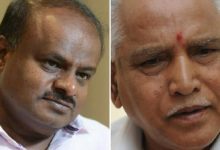
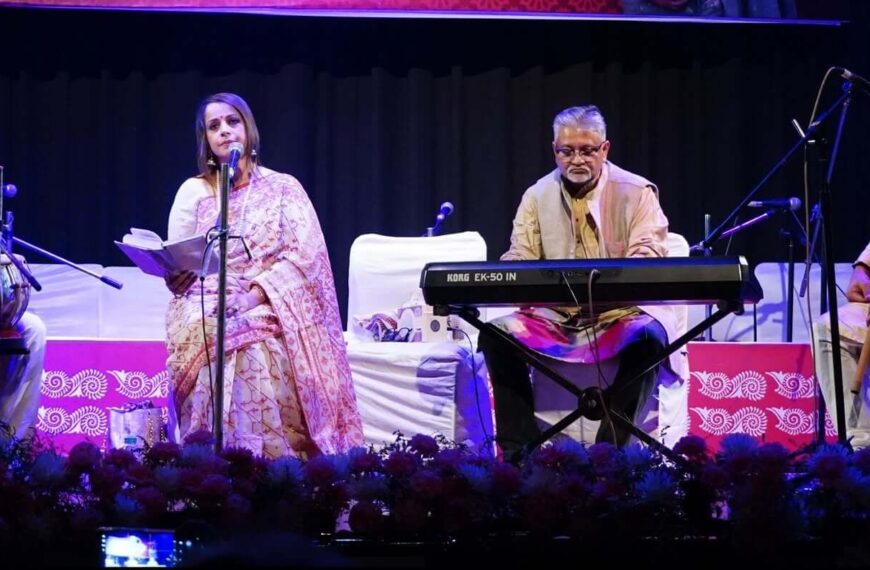
 By
By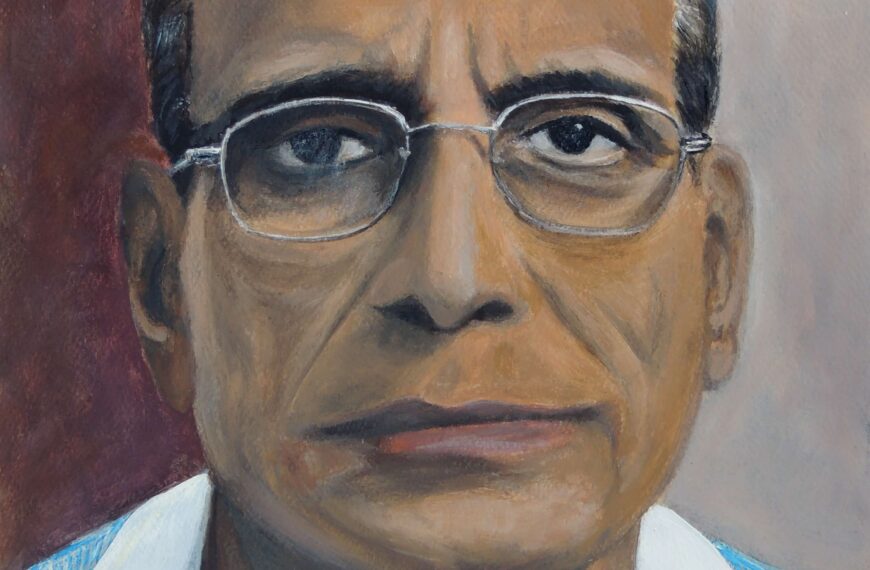

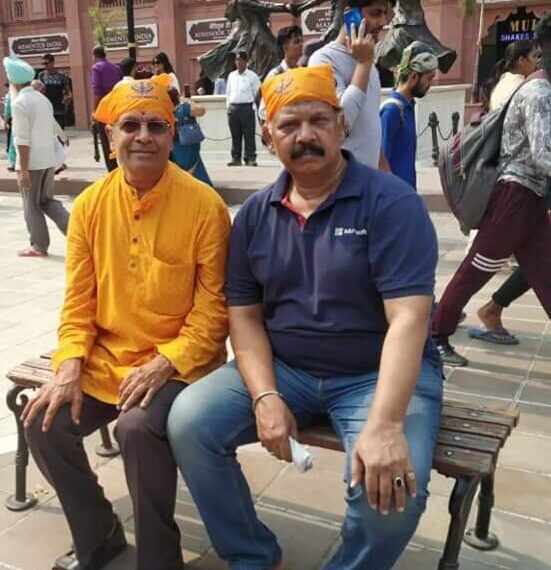
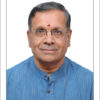 By
By